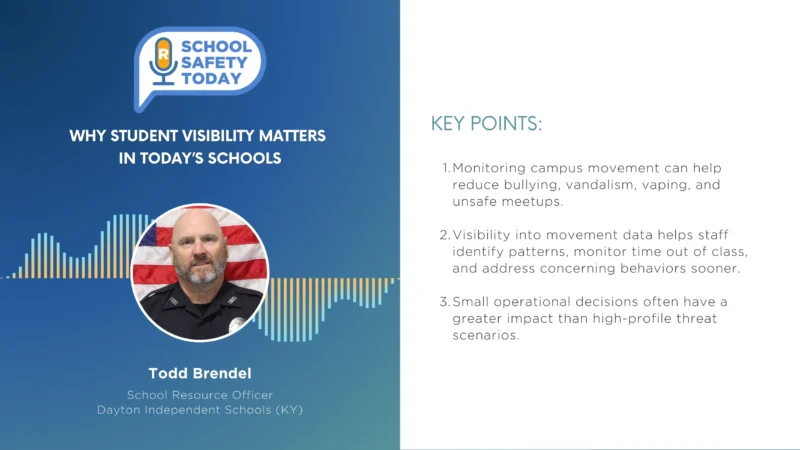On the Future of For-Profit Higher Ed
Although private for-profit universities are hardly a new thing—the University of Phoenix, perhaps most famous for its online offerings, was actually founded in 1976—and have only grown with the advent of the internet, there is still a great deal of resistance from both student and government to this model of higher education. The public perception is that degrees from for-profit universities are worth less than those from public universities. Worse, there is fear that these institutions may go out of business, essentially making those degrees worthless—a fear which has prompted the legislature of Maryland to propose imposing an additional fee on for-profit school tuitions so there will be a pool of money to pay students back should the school they attend go under.
Yet, there seems little question that for-profit universities are here to stay since these schools are at the forefront of innovation in education, particularly in online instruction. Public universities remain far behind even such stalwart institutions as banks and retail. Given that universities are supposed to be preparing the next generation of thinkers, business owners, and employees, universities should rather be at the forefront of innovation—and yet, they’re not.
One potential solution is a private-public partnership. For example, Education Dive reports that “Grand Canyon University President Brian Mueller said he’s had a number of traditional nonprofit institution leaders approach him about partnering to offer GCU’s online courses to students at other institutions, which he says he considers a good business opportunity for GCU.” Further, GCU is trying to attain nonprofit status, wherein “the academic assets and business operations would transfer to a newly formed nonprofit arm, while the student affairs, human resources, and communications would remain functions of the for-profit entity.”
As tuition costs at public universities continue to skyrocket, putting people in the position of having to rack up hundreds of thousands of dollars’ worth of debt, new financial models are increasingly in demand. Innovations across higher education, from finances to the delivery of educational content, will need to emerge in order to provide people with the kind of education they want. If neither public nor private universities can do it, you may rest assured that companies like Amazon will.









